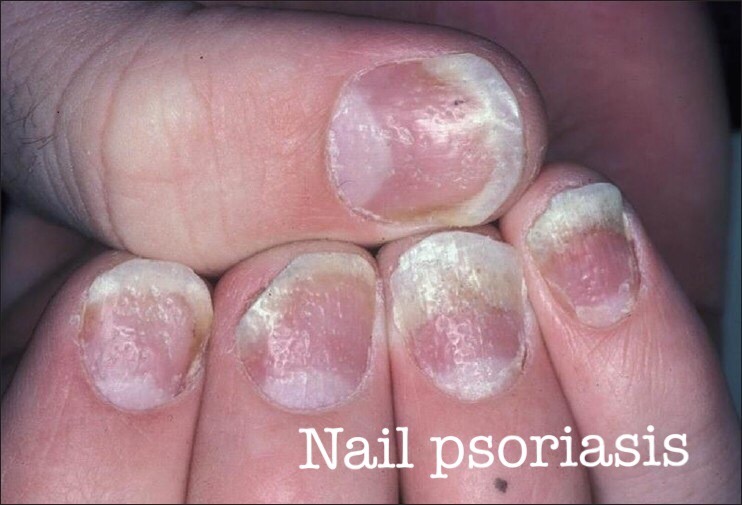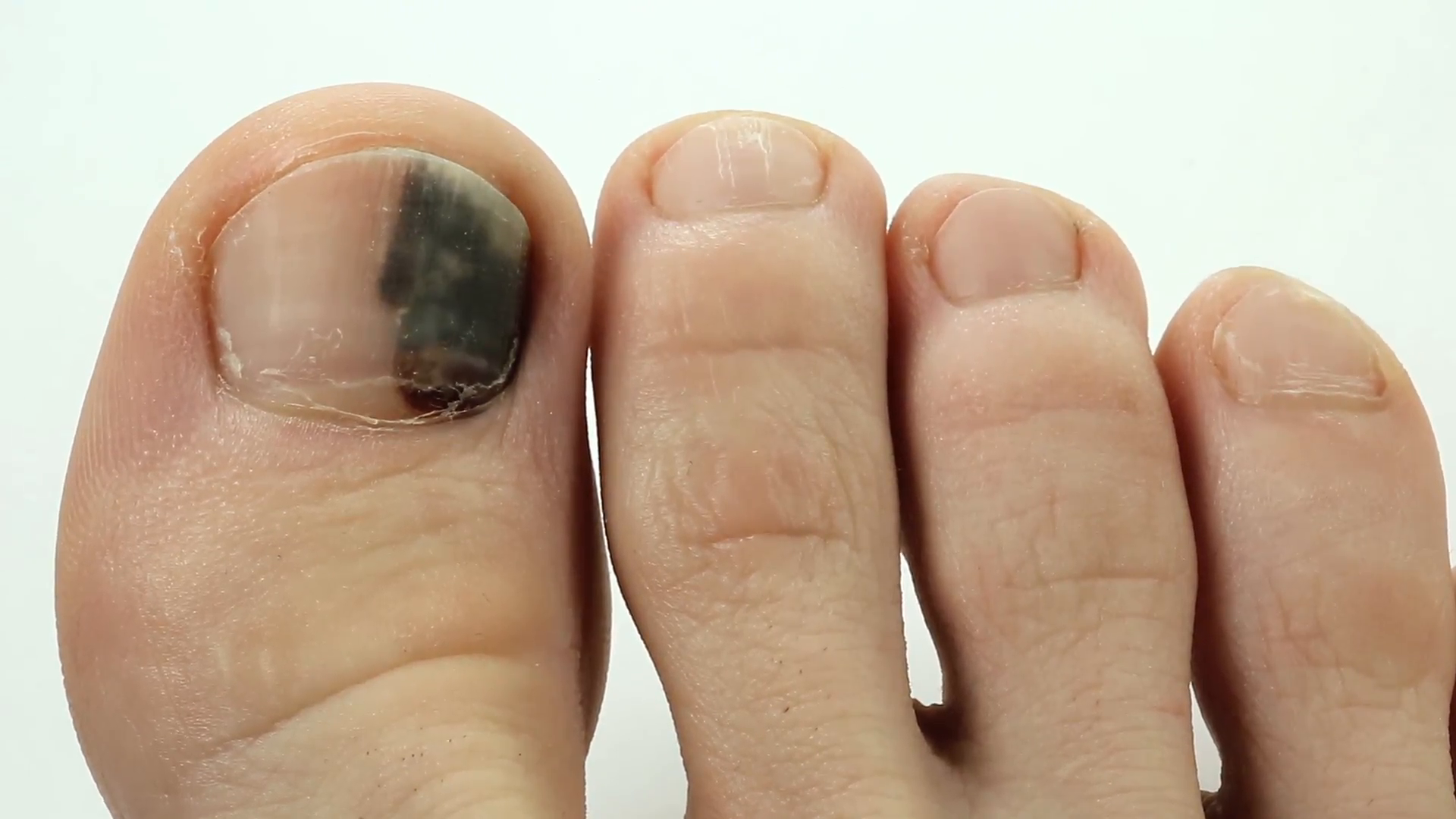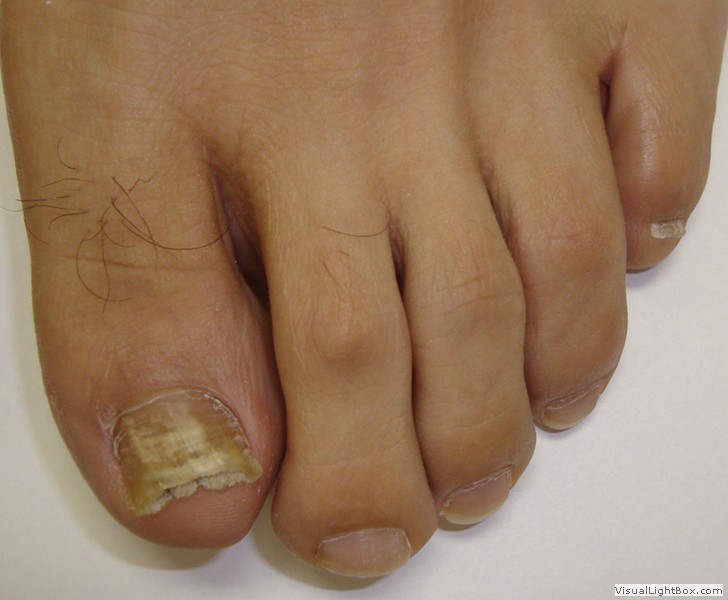The most common nail problems such as thinning, splitting or breaking easily (brittle nails) are due to change in diet, a recent illness, pregnancy or simply part of aging. Most nail problems are not caused by anything serious. Nail biting/picking, and injuries are very common causes of nail changes.
What is the best treatment for nail problems?
As with any medical problem, the treatment depends on the cause. If your nails have changed following an acute illness or pregnancy, usually no treatment is required apart from a healthy balanced diet and looking after your hands (using gloves for any wet work , moisturising your hands and nails, avoiding artificial nails, avoiding biting, etc).
If the nature of the nail changes is due to a chronic skin condition such as psoriasis, treatment options can be limited and is usually aimed at managing the discomfort caused by them as well as cosmetic camouflage.

Can nail changes be caused by an internal problem in my body?
Yes, if you suffer from anaemia, thyroid problems or diabetes, it can manifest with nail changes. A lack of essential nutrients and vitamins due to intestinal absorption can reflect in nail changes. Often your GP may have already done some blood tests to investigate it.
Some types of oral medication can cause nail changes. Please bring to your consultation the full, updated list of medication you are on at the moment.
I have dark pigmentation on my nail, could it be cancer?
Yes, but be aware that nailbed cancer (in particular Subungual melanoma) is extremely rare. On the other hand, subungual haematoma (dark bruise under the nail) is extremely common and is caused by injury. Sometimes the injury can be severe, e.g dropping a heavy object on your foot or it could be a lighter but repetitive injury such as kicking the football. Often, the nail will eventually lift and detach itself following a significant injury.
If you are concerned, please see one of our Dermatology consultants. The chances of your black toe being a cancer are very rare but remember that early detection of any type of cancer significantly improves the prognosis.

Is there any treatment for Fungal nail infection?
Fungal nail infection (onychomycosis) of the toenails is very common. Toenails become thickened and yellow. Onychomycosis can be resistant to treatment and often prolonged courses of oral medication are needed. We often take nail clippings and send to the lab to confirm that your nail thickening is due to a fungal infection before any treatment is commenced. Your doctor will advise you what treatment regime wold be best for you depending on your general health and medical history.

